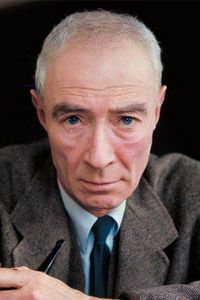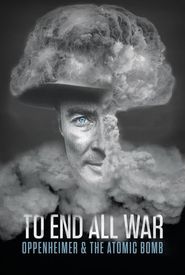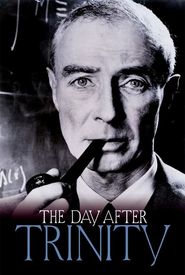J. Robert Oppenheimer, a towering figure in the realm of theoretical physics, left an indelible mark on the discipline, his innovative discoveries and insights forever changing the landscape of our understanding of the physical world. As a preeminent professor of physics at the University of California, Berkeley, Oppenheimer's extraordinary academic abilities and profound expertise earned him a position of great respect and admiration within the scientific community, his reputation as a leading authority in the field commanding widespread recognition and acclaim.
As the United States found itself entangled in the complexities of World War II, J. Robert Oppenheimer emerged as a pivotal figure, assuming the esteemed role of wartime head of the Los Alamos Laboratory - a cutting-edge research facility singularly focused on the development of groundbreaking technological innovations.
His remarkable leadership, coupled with an unwavering vision, proved instrumental in the triumphant culmination of the Manhattan Project - a historic endeavor of unparalleled scope, with the ultimate goal of creating the world's first nuclear weapons.
J. Robert Oppenheimer, a pioneering individual, earned the esteemed title of "father of the atomic bomb" owing to his pivotal role in the conception and realization of this groundbreaking project. His unrelenting passion and steadfast commitment to the endeavor resulted in a groundbreaking achievement, marked by the successful detonation of the inaugural atomic bomb on July 16, 1945, at the Trinity test site in the state of New Mexico, a testament to his unwavering dedication to the cause.



































